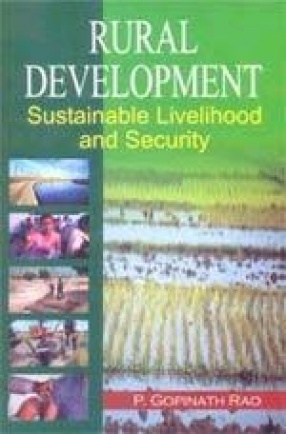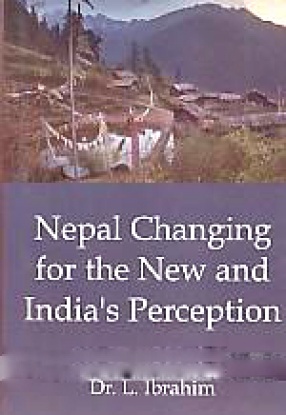Around the world impoverished people in rural areas face enormous challenges. They only do confirm limited economic opportunities and underdeveloped markets, but also tend to have less access to public infrastructure and services such as health, sanitation and education, and are less able to engage in advocacy with decision markers. Resource pressure and environmental degradation create additional challenges to rural communities and their livelihoods, exacerbating conflict prone situations and accelerating rural-urban migration flows. Responding to the livelihood and other basic needs of rural communities is a major concern worldwide. After decades poverty, new ideas about rural development are emerging. The new livelihood approaches are attempting to address problems of village people by delinking the concepts ‘rural’ and ‘agricultural’ and widening the scope of rural development activity. This book deals with the central problems of rural development and the role of sustainable livelihood approaches in addressing them. It explores the inter relationship between agricultural growth, employment and rural poverty. It also deals with the role of national as well as international institution in rural development and plead for people-centres participatory approaches. This book will be of great use of academics, students, teachers, researchers in rural development studies, administrators, policy makers, project directors and other functionaries in rural development schemes and programmes besides the general public.
Rural Development: Sustainable Livelihood and Security
In stock
Free & Quick Delivery Worldwide
Bibliographic information
Title
Rural Development: Sustainable Livelihood and Security
Author
Edition
1st ed.
Publisher
Authors Press, 2006
ISBN
8172733399
Length
xiv+249p.
Subjects





There are no reviews yet.